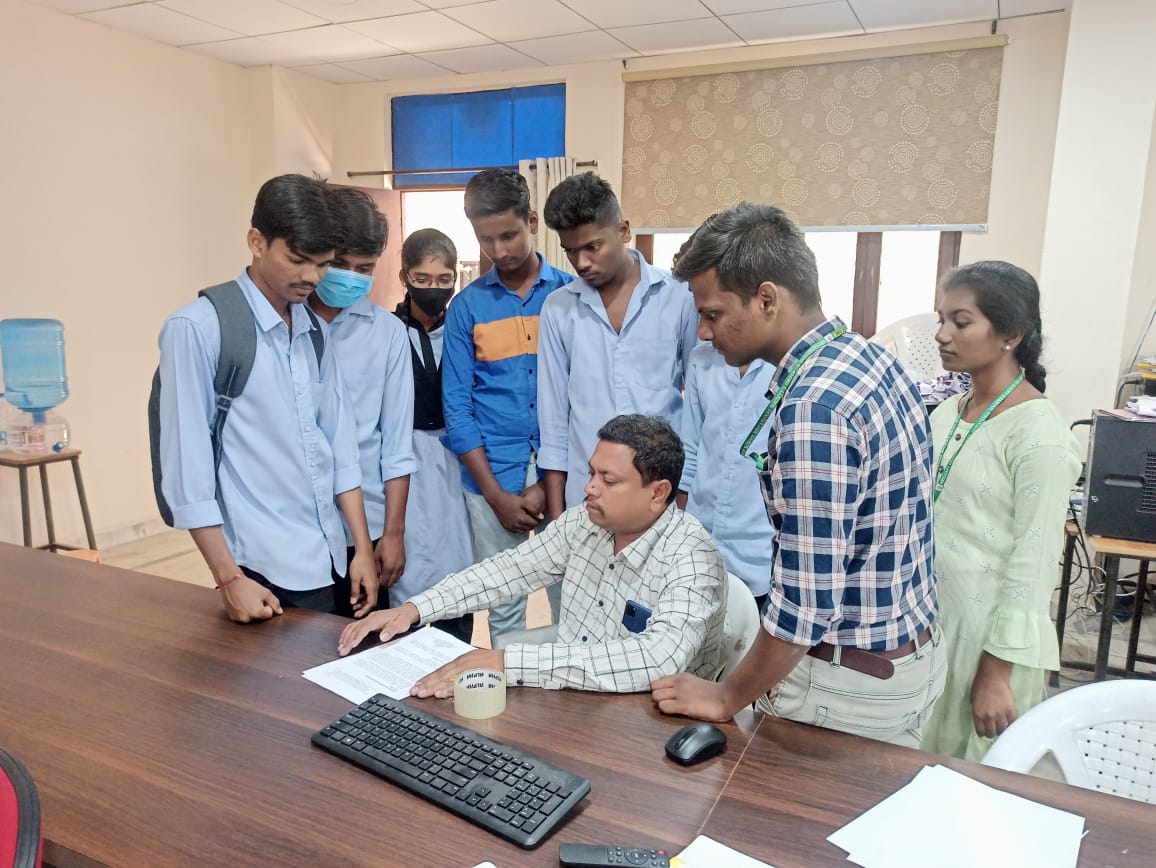Slow Learner’s Kiosk

Students don’t perform at the same rate at schools or college as whole. Each child performs differently from his/her peers since performance isn’t limited to excelling in exams marks or grades. However, some mechanisms have been into place in the education system to gauge which children need special attention (extra attention). One such group of children that need extra attention is slow learners.
Slow learners have received a bad reputation from the public as if it’s their own making. What many do not understand is that the slow learners didn’t will themselves to learn concepts at a slow rate. Therefore, it is paramount to understand why children learn at a slow pace and what adults, teachers and caregivers can do to help them improve in their academic studies.
NOTE: Slow learners should not be confused with reluctant learners. A slow learner wants to learn and works hard to perform well but he/she never seems to reach the mark. On the other hand, a reluctant learner is a child who creates problems in class since he doesn’t want to learn. He is unwilling to co-operate with his/her teacher. A few reluctant learners have learning disabilities.
Faculty will help slow learners to perform well academically.
Teaching is a demanding profession. It requires patience coupled with creativeness. If and when a faculty identifies a child performing below average, then the teacher should try to find ways of guiding and helping the child to perform well. The following are some tips teachers can employ to assist slow learners.
The faculty will be concentrating in praising the child’s efforts more than concentrating on praising his/her abilities.
The faculty will let the slow learner know that his/her intellect is under his/her control. Also, praise the child for overcoming challenges and taking accountability for his/her work.
Faculty will let the child do the hard assignments first then the easier ones later.
The faculty can find it appropriate to provide extra classes to the child to assist the child in areas the child finds it difficult to understand or in completing an assignment.
The faculty will pay equal attention to all learners in the class. She will not ignore children who are slow learners because they might feel neglected and unwanted.
The faculty will make use of reference books, audio-visual aids and graphic displays including online materials to help the slow learner.
Record of the progress of the slow learner(s) will be maintained as it will help track the development of the learner.

